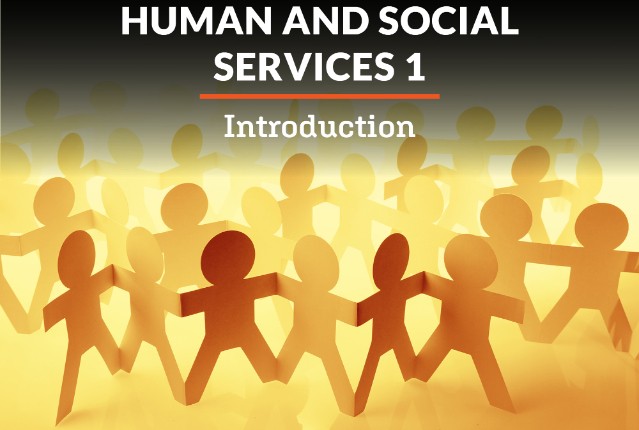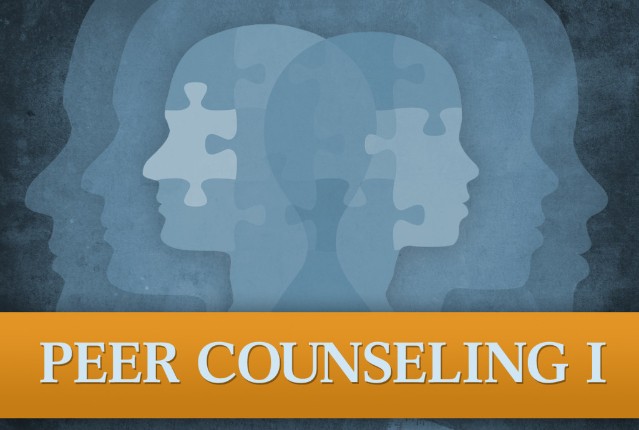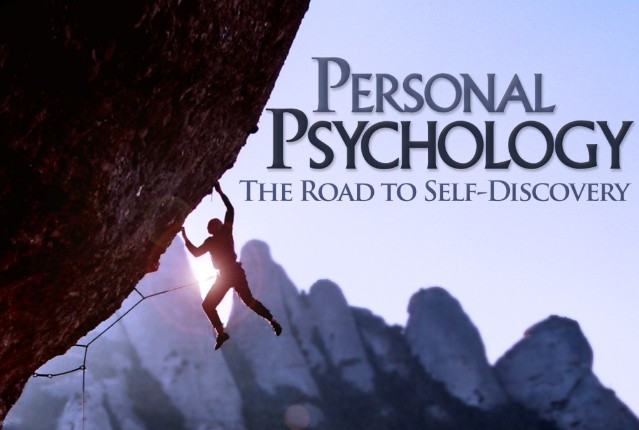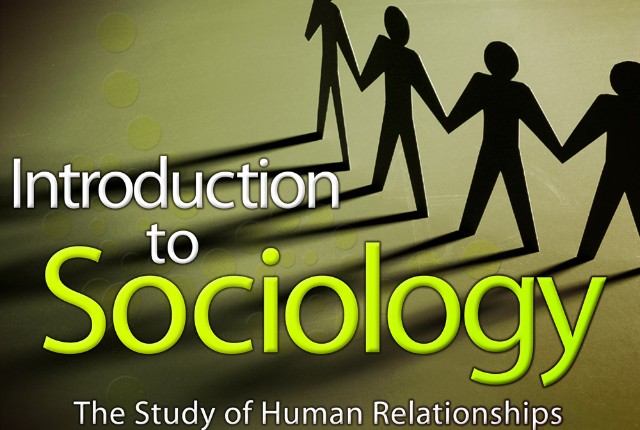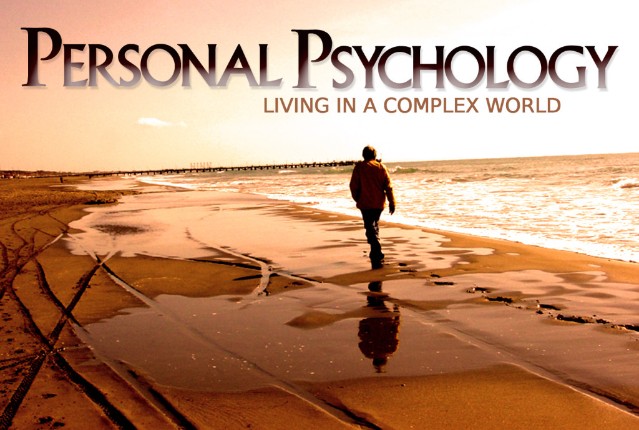
Personal Psychology II: Living in a Complex World
Why do you sometimes remember complex things but forget all of a sudden where you left your shoes? Why is your personality similar or different from your siblings? Why do some things motivate you more than others? Discover how you learn and remember, the impact of stress on your emotions and mental health, and what influences your personality and emotions. Basically, let’s explore what makes you ‘you’!
Review course outlineAccess for a year
USD 299.00*
* Choose more courses to get a discount
